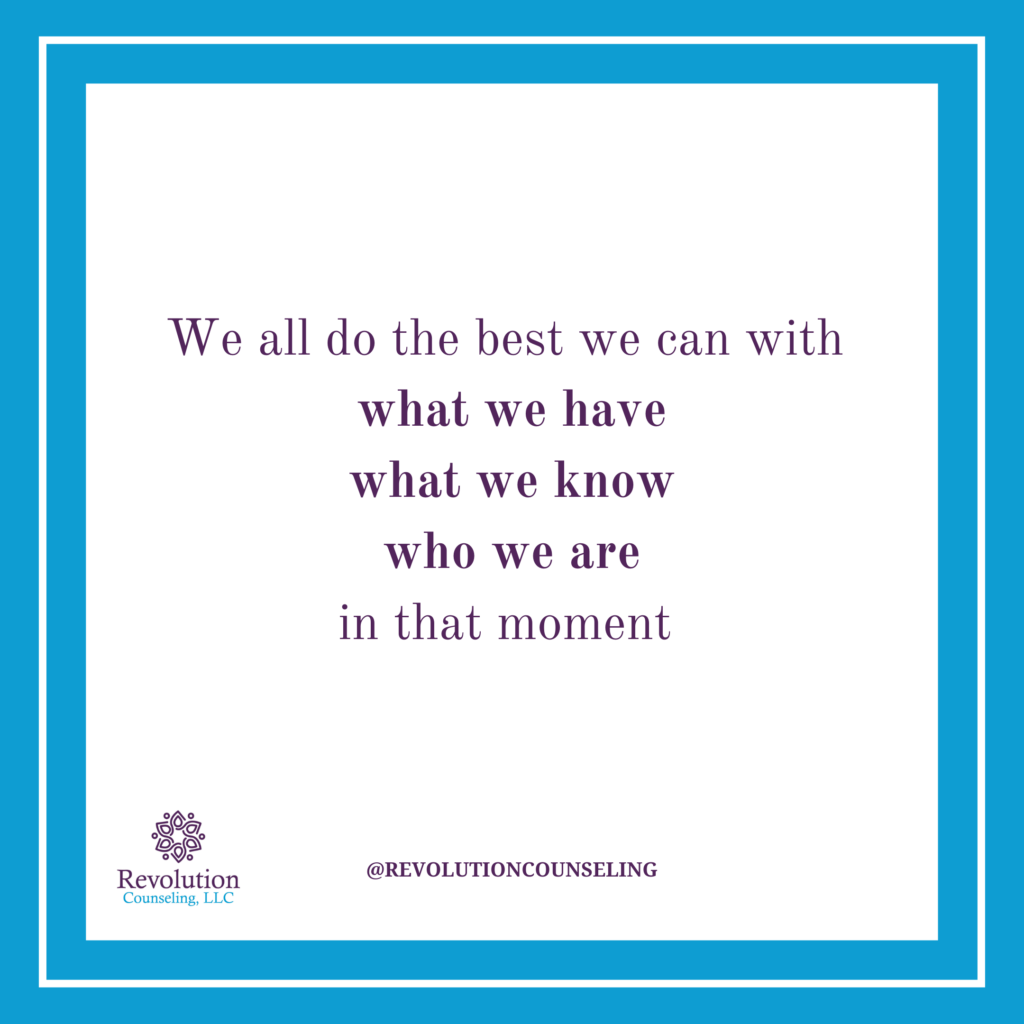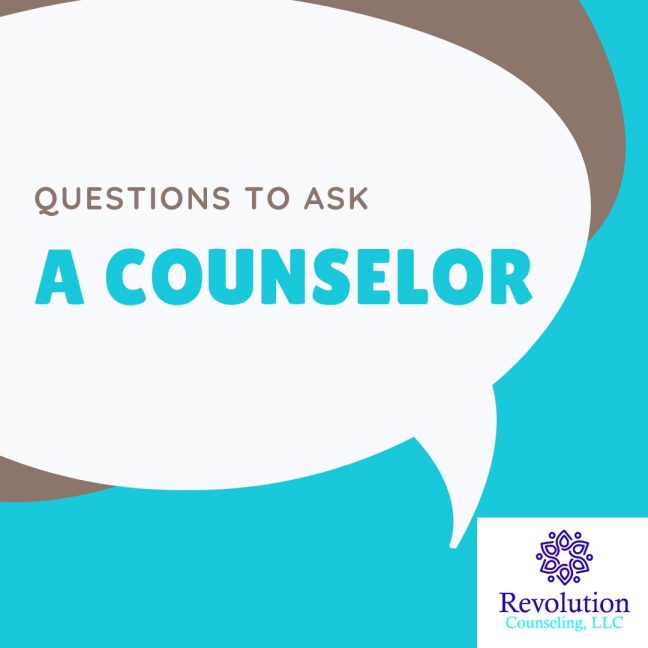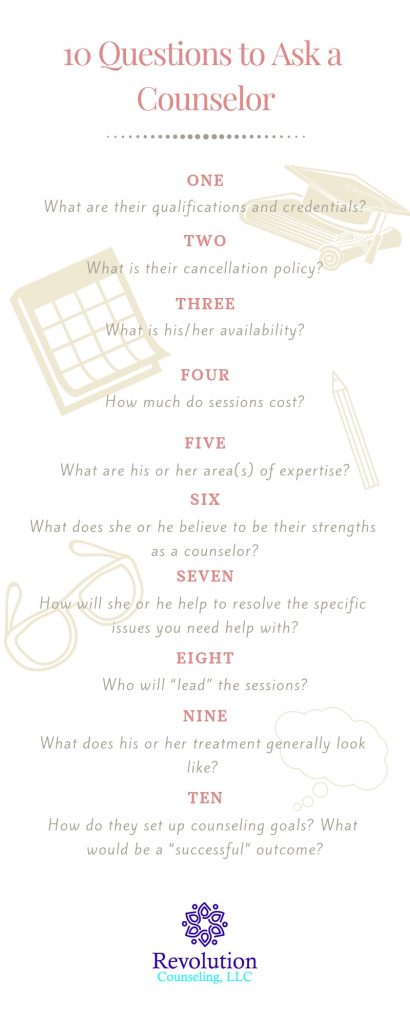
As we begin the new season, with excitement and anticipation of warmer weather, new growth for the Earth, and longer days, I think it’s an appropriate time to turn that energy inwards, towards better mental health.
Inwards towards what? Forgiveness. For self. We are all doing the best we can. At any given moment, the choices we make, the behaviors we engage in, and the living we do, are determined by what we know, have, and who we are. That will change and we will make different choices and engage in different behaviors. As Maya Angelou said, “Do the best you can until you know better. Then when you know better, do better.”
Why is this perspective important? Because judging ourselves only adds to the sadness/anxiety/misery that we might feel. Trust that you’re doing the best you can and you’re learning. When you know better, you’ll do better. Forgiveness for self helps us to grow increases our mental health.
Have you ever looked back and thought about how you’ve changed? The way you walk through this world? What do you know now that you didn’t know then? How have you forgiven yourself? We would love to hear from you! Let’s forgive and heal together.



